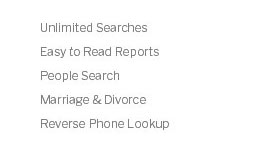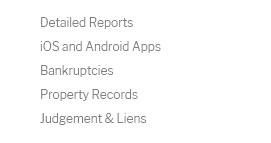are arrest records public and what that means for you
Quick overview
In most places, arrest records are considered part of the public record because laws favor transparency, yet access isn’t absolute. Juvenile matters, sealed or expunged cases, and ongoing investigations may be restricted. Public access helps employers, reporters, and neighbors verify events, but it also requires context: an arrest is not a conviction. Many agencies provide free online portals; third‑party sites may charge or present outdated details, so compare sources before you rely on them.
Common mistakes to avoid
- Assuming an arrest equals guilt or a criminal conviction.
- Ignoring updates like dismissals, diversions, or expungements.
- Relying on a single database instead of checking the court docket.
- Overlooking name or date‑of‑birth mismatches that cause mix‑ups.
- Sharing sensitive information without considering privacy or policy.
How to check responsibly
- Confirm the jurisdiction and relevant agency.
- Use official sheriff, police, or court portals first.
- Match identifiers carefully and note the disposition.
- Record dates, statute numbers, and updates for accuracy.
- When in doubt, consult a lawyer or request a public record review.
Handled thoughtfully, access brings clarity while respecting rights and reputations.


















